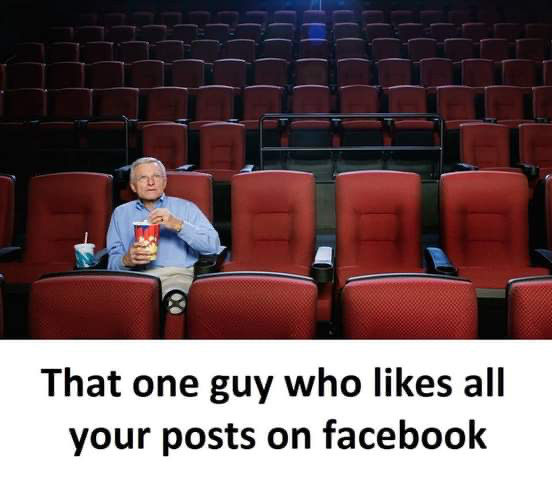[From Unsplash]
Good morning,
In Anthro-Vision: A New Way to See in Business and Life, Gillian Tett shares some fascinating stories of cross-cultural differences faced by international businesses.
Tett writes: “At the start of the twenty-first century, they decided to sell bottled tea in China, but Chinese consumers shunned the product. They were baffled and asked some anthropologists to investigate. A group from the consultancy ReD Associates duly did so and pointed out that the meaning of green tea to Chinese consumers was different from its meaning to Americans. ‘To the corporate culture of Coke, based in Atlanta in the southern United States, the word ‘tea’ means a refreshing sweet drink that goes well with BBQ. For this [American] culture, tea is all about addition: adding sugar and caffeine for a late-afternoon kick,’ notes Christian Madsbjerg, cofounder of ReD. “[But] tea is about subtraction in the Chinese culture. Tea—like meditation—is a tool for revealing the true self… and should take away irritants and distractions like noise, pollution and stress.
“Similarly, in the late 1990s Merrill Lynch tried to expand its brokerage operations in Japan by using an advertising campaign that depicted its bull logo, a symbol that in America invokes market optimism. The Merrill Lynch executives were delighted when surveys showed high consumer recognition in Japan. But then they realized that the bull was “recognized” because it was associated with Korean barbecue—not money.”
Why does this happen? Tett explains it a bit earlier using an example from a movie.
“In the movie The Gods Must Be Crazy, a !Kung tribe in the Kalahari desert turns a Coke bottle that has been tossed out of an airplane window into a ritual fetish. Although this story was fictional, the film was inspired by anthropologists’ reports about so-called cargo cults seen in Melanesia and elsewhere that arose when Western military forces did airdrops of consumer goods, which locals embraced and then worshipped. This might seem like merely an exotic piece of trivia. But it illustrates a key point: people create different webs of meaning around objects in different cultural contexts.”
Have a good day!
Too many elections?
If you aren’t following the current political drama in France, you must. From our perch in India, it appears this has parallels to how convenient coalitions are formed in India, after the electoral results are announced. Just why does this happen? John Lichfield is a foreign correspondent at The Local and he spent time travelling through France to understand the overall political sentiment, how voters behave and filed a piece that got us thinking.
“France has the most cumbersome election system in the democratic world, punishing for politicians and exhausting for voters.
“Britain, Germany, the United States—most countries in fact—scrape by with one election day to choose an executive and a parliament. France requires four election days in a little over two months.
“Many reasons are offered for the declining turn-out in French parliamentary elections. Voter fatigue is rarely mentioned.
“I went campaigning this week with a young centre-right candidate in Chartres, 80 kilometres south west of Paris. The reaction of local people to the sight of a politician (any politician) was disturbing.”
Elections to the Lok Sabha in India are cumbersome affairs as well and an intricate operation. Do people feel fatigued by it? The Print crunched the data back in 2019 and arrived at some interesting conclusions. “A unique feature of the electoral turnout in Indian elections is that it is higher in local elections than in national elections.”
Dig deeper
- France has too many elections and it is killing politics (The Local)
- Why voters don’t turn up in large numbers in Lok Sabha elections (The Print)
Find your North Star
It’s easy to get lost and make wrong decisions when the mind is foggy. How do we train ourselves to find our True North? This is a question we found an interesting answer to on a lovely blog by Mari Andrew.
“If you're a human being, you might have trouble with decision-making.
“The problem is, or at least MY problem is, that I get the external and the internal confused. I start to believe that outside factors are just as important as the inside ones. I take on the imaginary reactions from others as real and even necessary for my happiness, and yes I even daydream about how this decision might come across in an Instagram story.
“A couple years ago I listened to this interview with Jon Batiste, which I have since listened to 9 million times, and he described how valuable each minor decision is in the long-term:
“When you have a list of opportunities in front of you and all of them lead to different things, I like to think of the example of a compass, and you look at True North: When you’re right up close to True North and you’re trying to find the destination, you may go half an inch away and you can still make it… but if you are 100 miles back and you’re half an inch off, by the time you get to your destination, you’re completely off track. So every decision matters: the small ones are the big ones.”
Dig deeper
The stalker

(Via WhatsApp)
Found anything interesting and noteworthy? Send it to us and we will share it through this newsletter.
And if you missed previous editions of this newsletter, they’re all archived here.
Warm regards,
Team Founding Fuel

